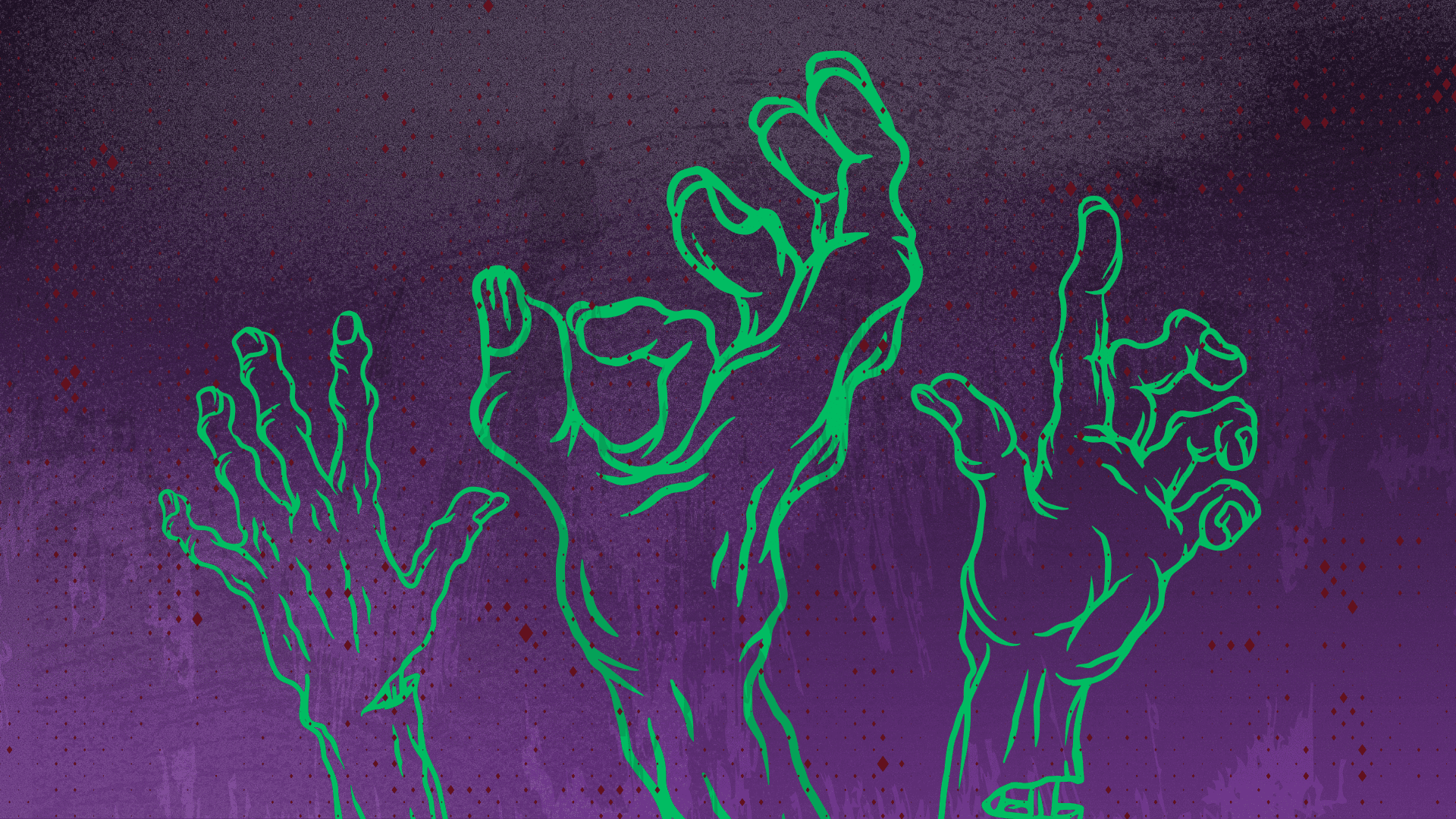
"In terms of psychology, there are several theories. There's the idea that watching a horror movie is experiencing fear in a safe environment, similar to riding a roller coaster. A cognitive explanation is that some people like horror films because they like to figure out what makes them scared. It's a process of metacognition; it's thinking about what you're thinking. Because at the end of the day, you're sitting in a movie theater, or at home, and there's nothing really to be afraid of."
"There's also a whole literature on the thrill-seeking temperament. These are folks who get a serotonin or a dopamine rush with the thrill. You don't really think your life is in danger for something that's happening on a 2D screen, but the thrill of it makes you feel euphoric. There is also the catharsis theory, which allows us a release of emotions. Lots of studies say that people actually feel calmer and even less sad after watching a horror film."
Steven Schlozman became a horror fan at age 11 after watching Salem's Lot. He served as an assistant professor of psychiatry at Harvard Medical School and authored The Zombie Autopsies, with film rights at one time optioned by George Romero. Psychological explanations for horror attraction include experiencing fear in a safe environment, cognitive metacognition about what provokes fear, thrill-seeking temperament producing serotonin and dopamine rushes, and catharsis that releases emotion. Studies indicate many viewers feel calmer and less sad after horror films. The combination of these factors explains widespread appeal across audiences.
Read at Harvard Gazette
Unable to calculate read time
Collection
[
|
...
]